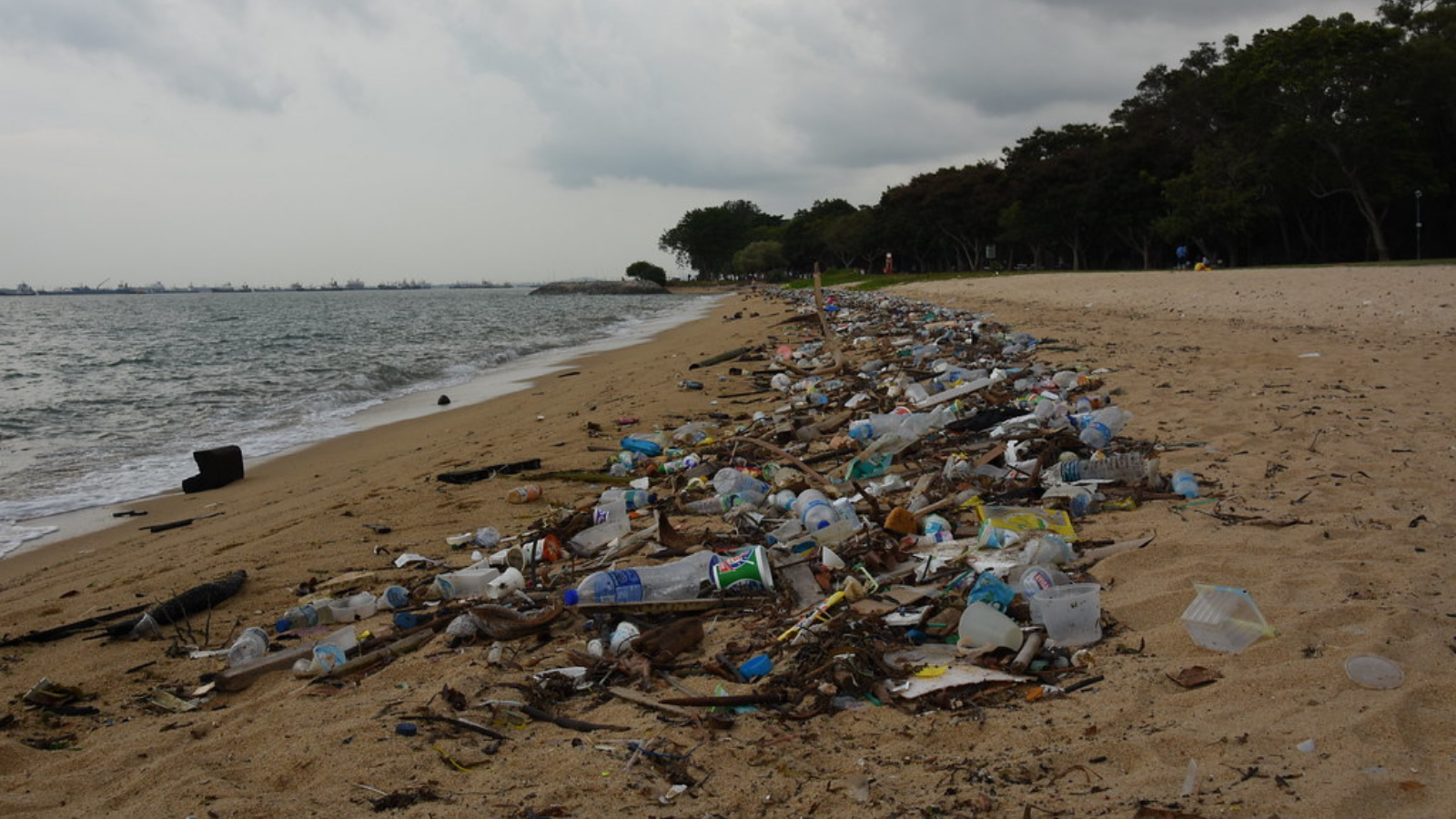It’s Time for Whole Foods to Break Up With Single-Use Plastic Packaging
As an ode to the planet we love, we launched a Valentine's Day week of action to encourage Whole Foods to prioritize its relationship with the planet over plastic.
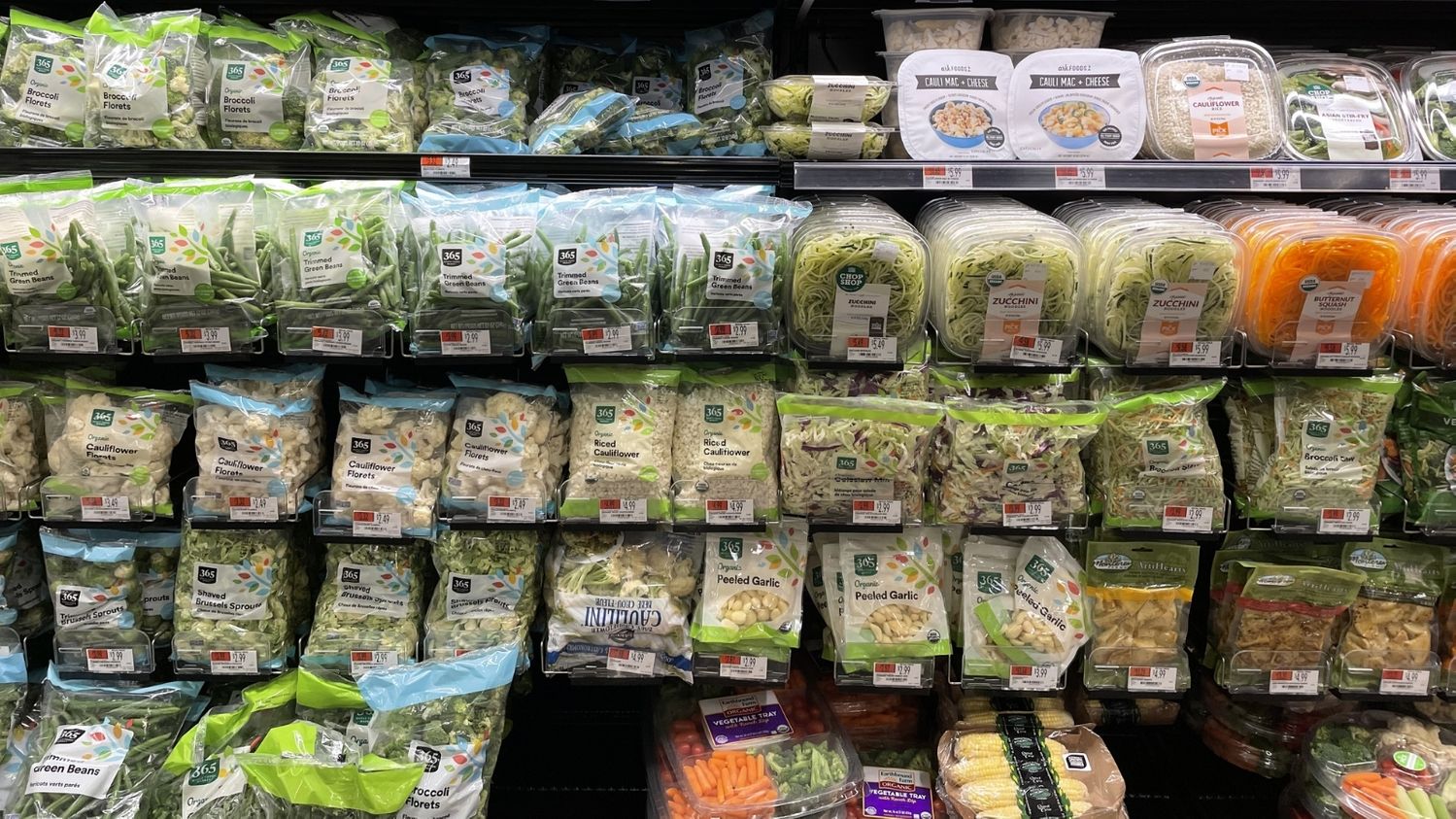
This is a guest blog written by Wildlife over Waste Intern Mindy Leder.
As odd as it sounds, Environment America used the Valentine’s Day holiday to engineer a break up. As an ode to the planet we love, we launched a Valentine’s Day week of action to encourage Whole Foods to prioritize its relationship with the planet over plastic. Consider it an intervention of sorts: We are working to get the national market chain to prioritize its relationship with the planet over plastic. Specifically, it’s time for Whole foods to break up with single-use plastics.
Breakups don’t come easy, and they usually require a lot of support. So in the days leading up to the Feb. 14 holiday, Environment America, U.S. PIRG and our partners flooded Instagram, Facebook and Twitter with images and captions to inspire Whole Foods to finally tell single-use plastic: It’s definitely you, not me.
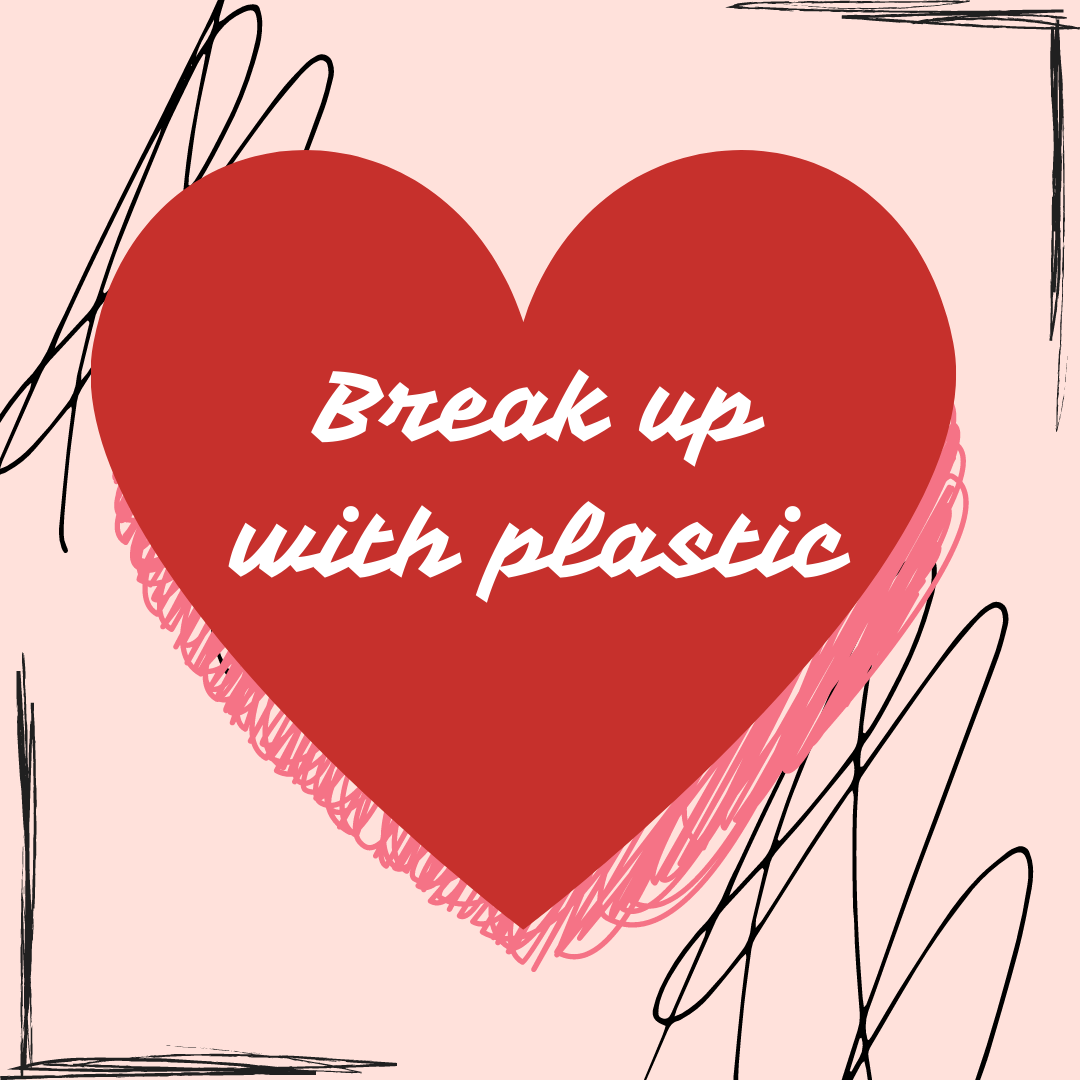
You’d think that if there is any company with an unending devotion to the planet, it’d be Whole Foods. After all, the market’s declared purpose is to “nourish people and the planet.” But think again. Tragically, Whole Foods has been trapped in a toxic relationship of its own with single-use plastic packaging — and it’s a partnership they need to ditch.
Like many toxic relationships, single-use plastic packaging has certain qualities that make it hard for companies like Whole Foods to escape its grip. After all, plastic is an inexpensive material, making it seem like a good option for retailers at first glance. However, like any bad partner, single-use plastic will stick around long past its usefulness, lingering in our environment and poisoning our wildlife.
Used just once, a plastic food wrapper will haunt us for years and years to come. Here in Maine where I attend college, it hides out in Acadia Park, it floats in the Androscoggin River, and it pollutes even the farthest depths of the ocean. The plastic pollution problem has gotten so bad that 15 million tonnes of the substance ends up polluting our seas each year. To put that in perspective, that’s the equivalent of two garbage trucks dumping a load of plastic into the ocean every minute. Whether love lasts forever may be debatable, but the longevity of plastic is a certainty — it will defile our communities and the planet for hundreds of years.
What’s worse, once in the ocean, this plastic damages the ecosystem, harming marine species and threatening the health of our families and neighbors. Nearly 700 marine mammal species, as well as 50 freshwater species, are known to have ingested or become entangled by plastic. The plastic that is swallowed by marine species can make its way up the food chain into the food we eat. To solve this problem, Whole Foods and other supermarket chains are well-positioned to show our planet the love by breaking up with single-use plastics.
In the past, Whole Foods has been a leader in putting the planet over plastic. In 2008, it was the first U.S. grocer to eliminate plastic bags at checkout, and, in 2019, it got rid of plastic straws. Despite these important steps in reducing this form of pollution, like so many bad relationships, Whole Foods has kept coming back to single-use plastic packaging. In fact, a 2020 report by As You Sow gave Whole Foods an “F” for its policies and practices on reducing plastic packaging waste. Specifically, the market chain has failed to reduce its plastic packaging, use reusable plastic packaging, and publicly report on its plastic footprint.
To end this toxic relationship, Environment America will continue to spread awareness and seek public support to give Whole Foods the confidence and understanding it needs to break up with single-use plastic packaging. By continuing to encourage Whole Foods to put the Planet Over Plastic, hopefully, on Valentine’s Days to come, we can talk less about break up and more about how romantic walks on the beach are no longer tarnished by plastic food wrappers hiding in the sand.
Topics
Authors
Reino Hyyppa
Find Out More
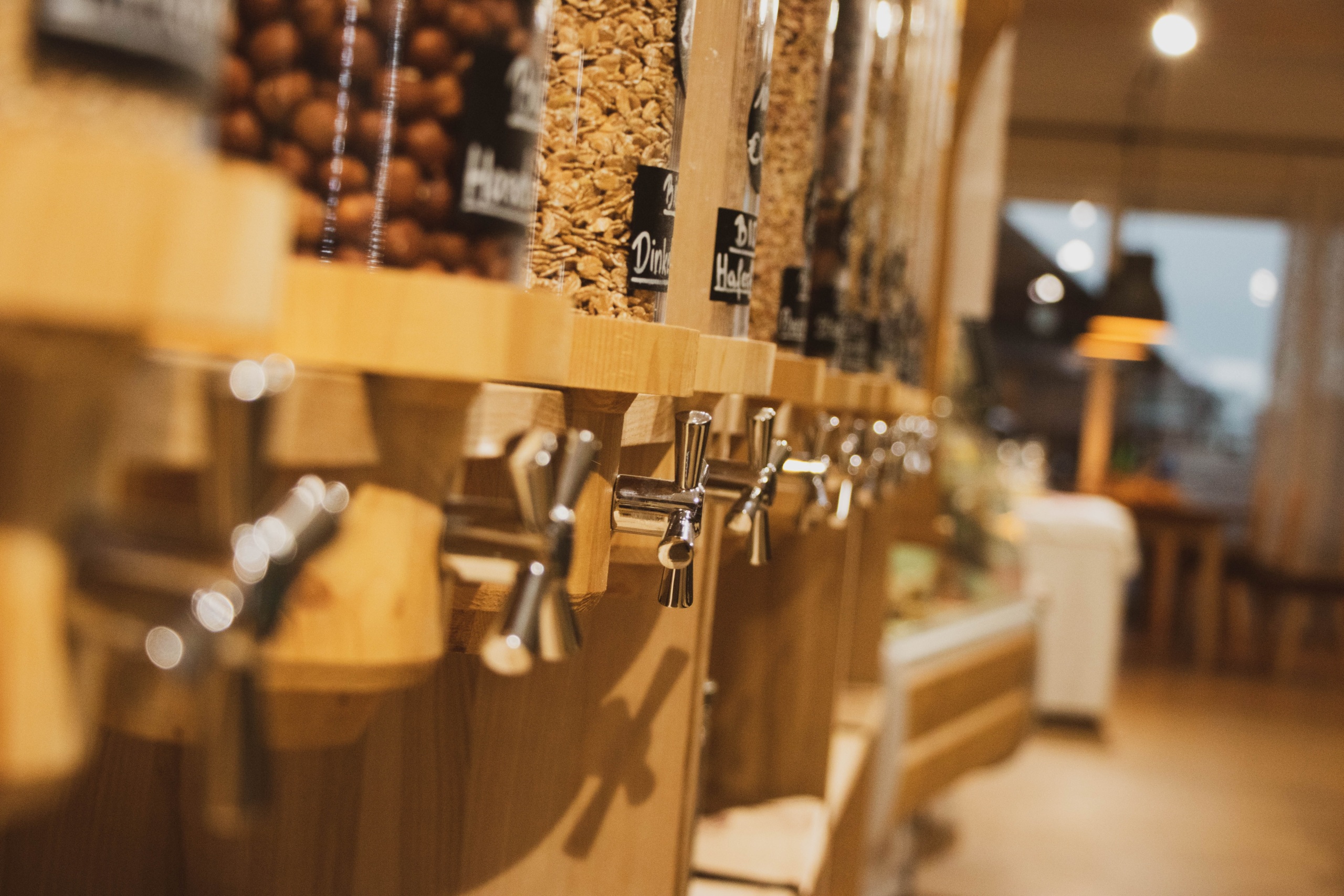
Ditch plastic packaging: Shop at your local refillery
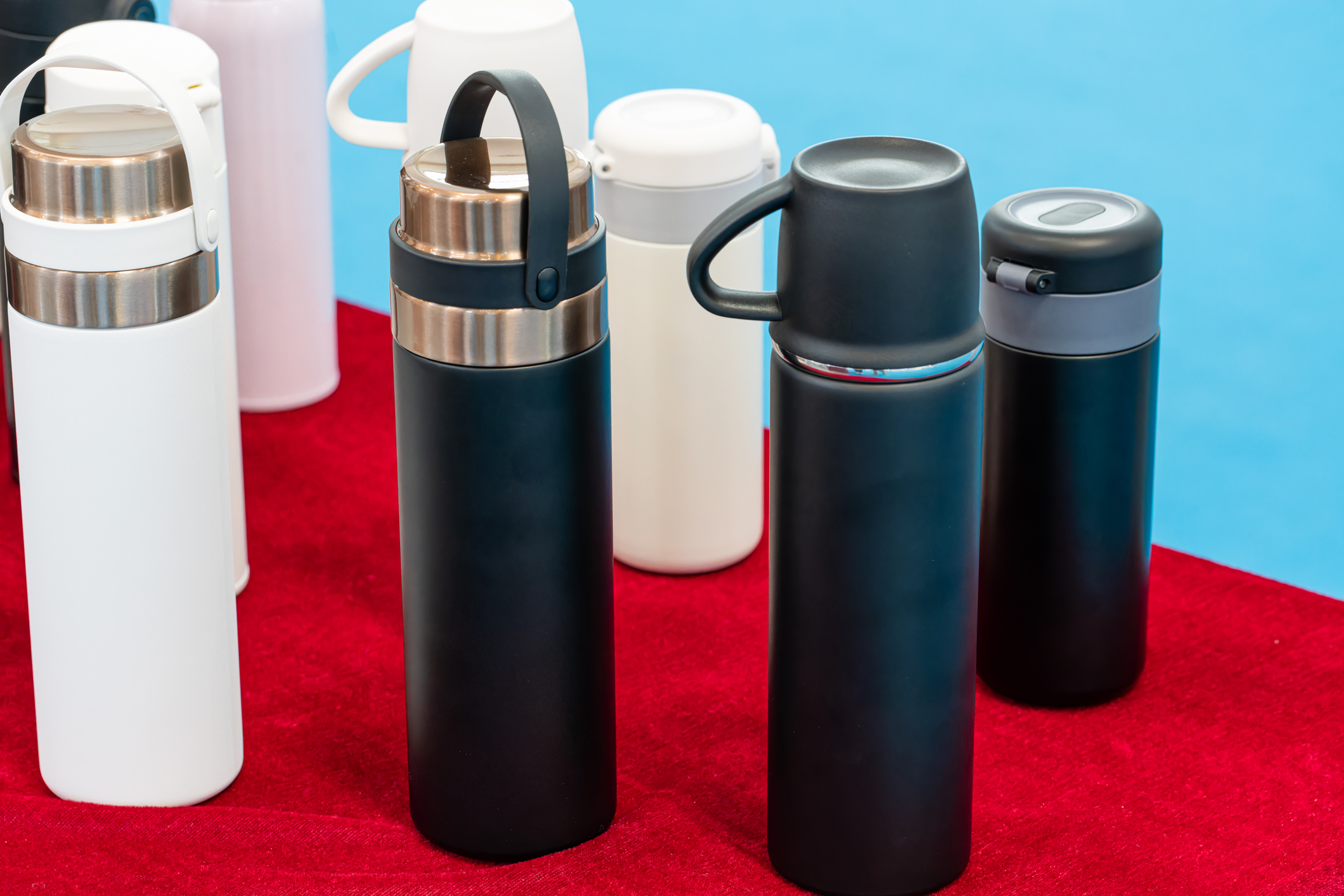
Too much of a good thing? The environmental downside of the “Stanley cup” craze.

A look back at what our unique network accomplished in 2023
